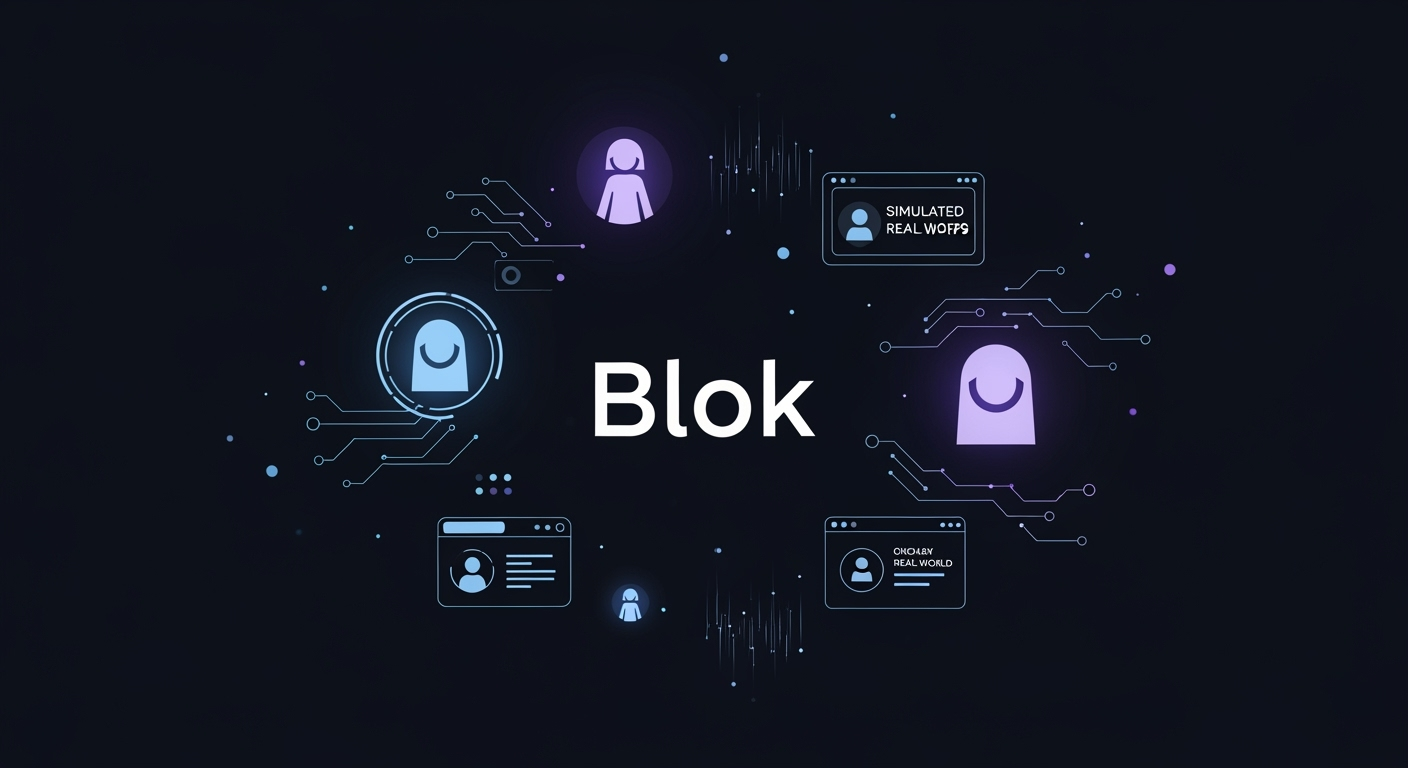Blok Launches AI Personas for Predictive App Feature Testing

Blok Introduces AI Personas to Simulate Real-World App Usage
Modern app development is accelerating rapidly thanks to AI-driven coding tools like Cursor, Replit, Claude Code, and Lovable. Yet, for many businesses, testing new features before launch remains a challenge. Developers often rely on beta releases or simulation tools, which don’t always reflect real user behavior. A new entrant, Blok, aims to transform this process by enabling development teams to simulate diverse user personas and predict how real users will interact with their apps—before a single line of production code is shipped.

What Is Blok and Who's Behind It?
Founded in 2024 by serial entrepreneurs Tom Charman and Olivia Higgs, Blok is emerging from stealth mode with a compelling promise: make app feature testing more predictive and less reactive. The founders, who previously collaborated on travel and learning startups, are leveraging their experience to address a fundamental pain point for software teams.
Backing and Vision
Blok has already secured $7.5 million in funding across two rounds. Its $5 million seed round was led by MaC Venture Capital, with notable participation from professionals at Discord, Google, Meta, Apple, Snapchat, and Pinterest. The pre-seed round featured investors including Protagonist, Rackhouse, Ryan Hoover’s Weekend Fund, and Blank Ventures.
Marlon Nichols, Managing GP at MaC Venture Capital, contrasted Blok with traditional analytics platforms like Optimizely and Amplitude. He highlighted that while those platforms react to user behavior, Blok provides a predictive layer, allowing teams to forecast how users might use new features before development even begins.
Why Predictive Testing Matters
As digital interfaces become more complex, the need for robust pre-launch testing is greater than ever. Product teams face increasing pressure to deliver seamless experiences across visual, chat, and voice-based user interfaces. According to co-founder Olivia Higgs, Blok’s approach is grounded in research and conversations with over 100 product engineers, ensuring their solution addresses real-world challenges.

How Blok Works
- Data Upload: Customers start by uploading event log data from analytics solutions like Amplitude, Mixpanel, or Segment.
- Behavioral Modeling: Blok’s AI engine models this data to create realistic user personas representing a broad spectrum of app users.
- Simulation: Teams submit their Figma design prototypes and describe the experiment, detailing the hypothesis and user goals.
- Automated Testing: AI persona agents interact with the prototypes repeatedly, simulating how different types of users would engage with new or updated features.
- Insight Generation: After simulations, Blok delivers comprehensive reports on user behaviors, friction points, and actionable recommendations. Teams can drill down into persona-specific insights and even interact with a built-in chatbot to ask questions about the results.

Who Should Use Blok?
Blok is currently working with early customers, particularly in finance and healthcare, sectors where user testing is tightly regulated and public experimentation is risky. Its SaaS pricing model is designed to scale with usage, and the company is aiming for significant revenue growth as it expands its customer base throughout 2025.
For small companies, Blok offers a way to validate features without needing large user cohorts. For larger enterprises, it helps avoid feature bloat by predicting how changes will affect usability—without waiting weeks or months for live data.
Looking Ahead
By shifting testing from a reactive to a predictive activity, Blok is poised to help businesses deliver better digital products, faster and with fewer costly missteps. For organizations that want to stay ahead in the competitive app marketplace, leveraging AI personas for simulation could become an invaluable part of the product development toolkit.





